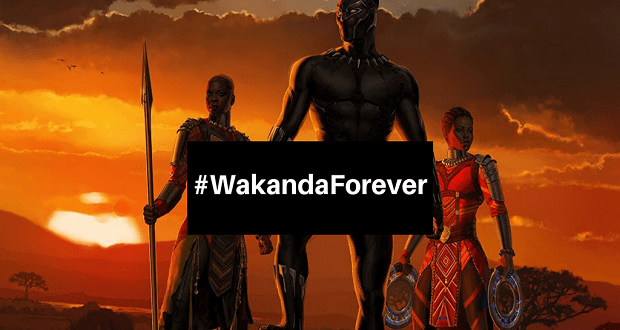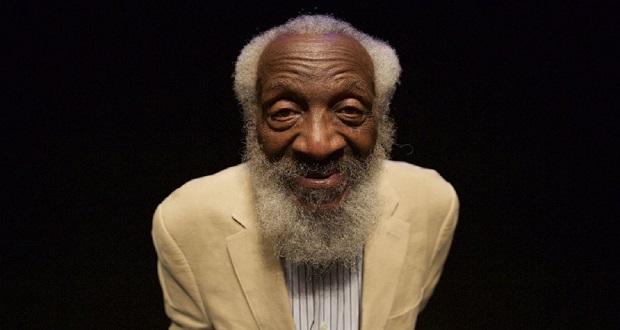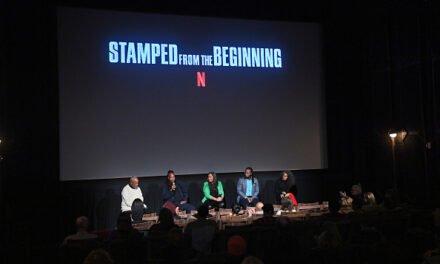
Welcome to Wakanda!
For the past few weeks there has been a lot of buzz around the Marvel Studios “Black Panther” movie. “Black Panther” is scheduled to open everywhere tomorrow, and people are ready. According to estimates, it is outselling every previous superhero film in advanced ticket sales.
“Black Panther” follows T’Challa who returns to his home—the isolated, technologically advanced African nation of Wakanda—after the death of his father, the King. T’Challa comes to succeed to the throne and assume his rightful place as king when a powerful old enemy reappears. T’Challa/Black Panther is tested when he is drawn into a conflict that puts the fate of Wakanda and the entire world at risk.
So, why all the hype around this movie?
I have not yet had the opportunity to see the film (I have my tickets for this Saturday!), but based on what I know about it and the cast, I know that this is an important movie for our time and our culture. Black Panther himself represents a young, strong, intelligent, resourceful character equal to the likes of the white comic heroes we are used to seeing, such as Captain America and Fantastic Four. Let’s not forget to mention the powerful black women depicted in the film as well. The black women characters in “Black Panther” not only make up the majority of the cast (have you seen this movie poster?!), but they also play a pivotal role in helping Black Panther in the battle to save Wakanda.
Now, let’s talk about Wakanda. Wakanda is a technologically advanced, African nation – something not often, or ever, depicted in films. This futuristic representation of African people and an African country as a place and a people saturated with intelligence and strength is important to see – especially when negative comments are being made by those in power about people from such places. This film shows a representation of black and African culture that is not typically seen, especially in visual media, and has the opportunity to shift mindsets. In the USA Today, Chadwick Boseman who plays T’Challa/Black Panther said, “This experience is opening people’s consciousness. Their boundaries should be shaken and moved.”
Jamil Hill wrote a beautiful cover piece in Time. He summarizes the significance of Black Panther as such:
“If you are reading this and you are white, seeing people who look like you in mass media probably isn’t something you think about often. Every day, the culture reflects not only you but nearly infinite versions of you—executives, poets, garbage collectors, soldiers, nurses and so on. The world shows you that your possibilities are boundless. Now, after a brief respite, you again have a President.
Those of us who are not white have considerably more trouble not only finding representation of ourselves in mass media and other arenas of public life, but also finding representation that indicates that our humanity is multifaceted. Relating to characters onscreen is necessary not merely for us to feel seen and understood, but also for others who need to see and understand us. When it doesn’t happen, we are all the poorer for it.”
I do hope that this movie will help to break down barriers and shift mindsets across races about how black people are seen and understood. I applaud Marvel for doing this film. I can’t wait to experience it.
I think this video sums up my excitement quite well. #WakandaForever


















